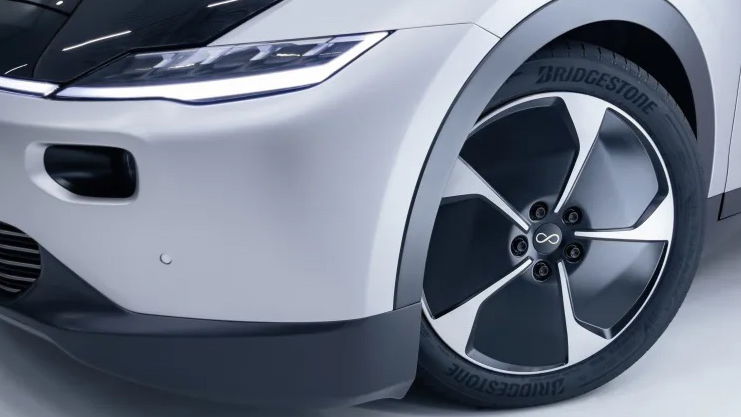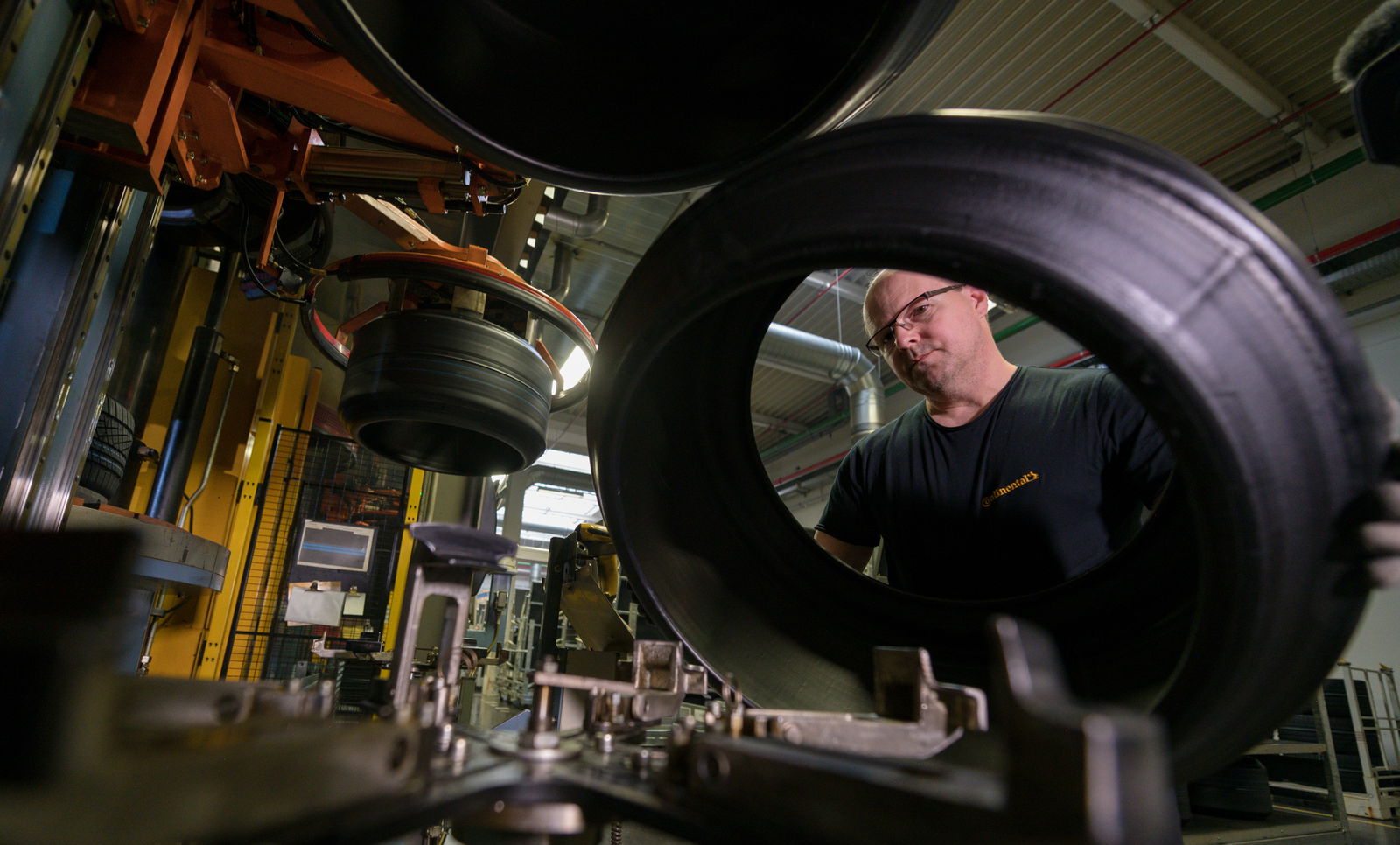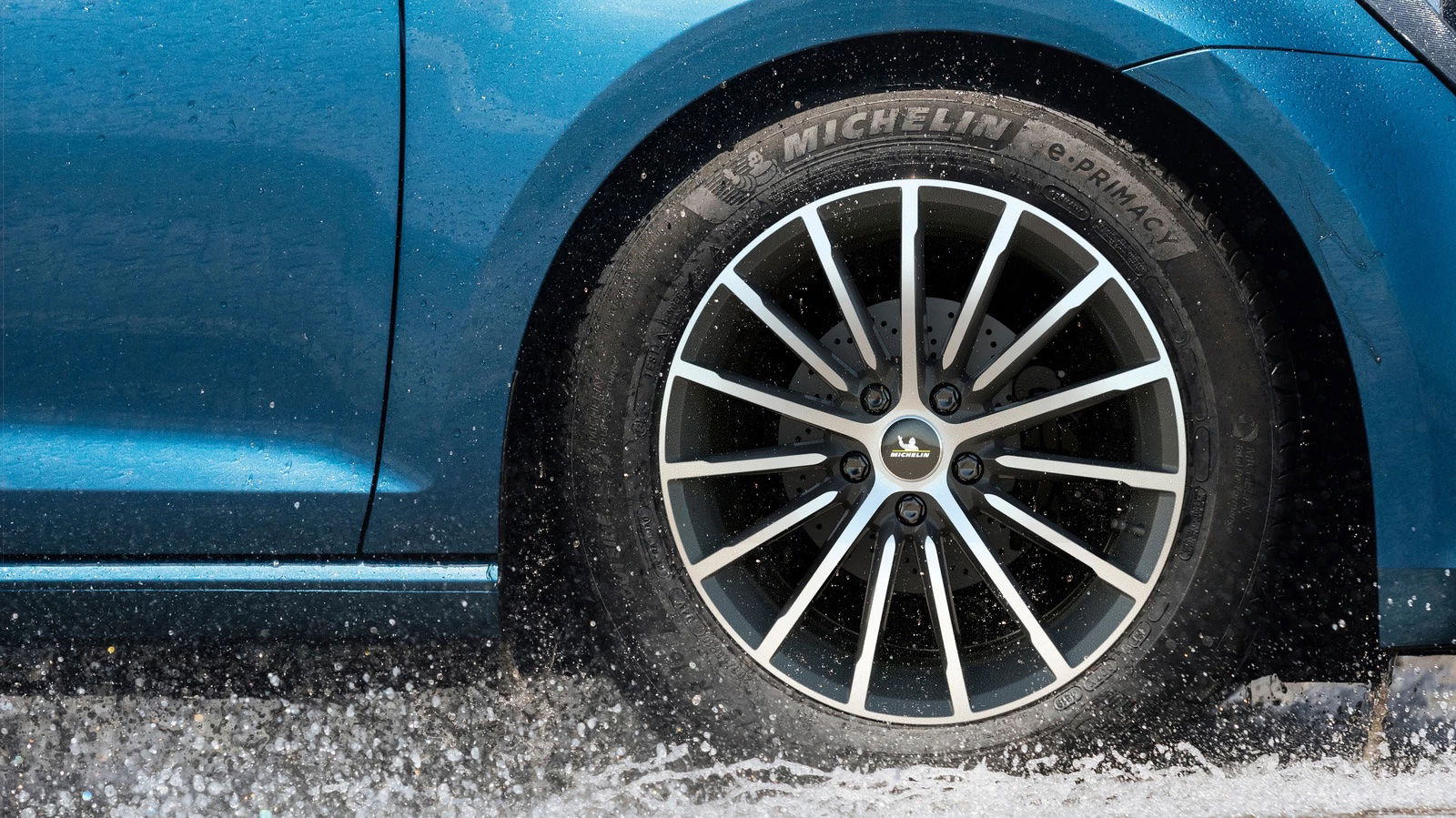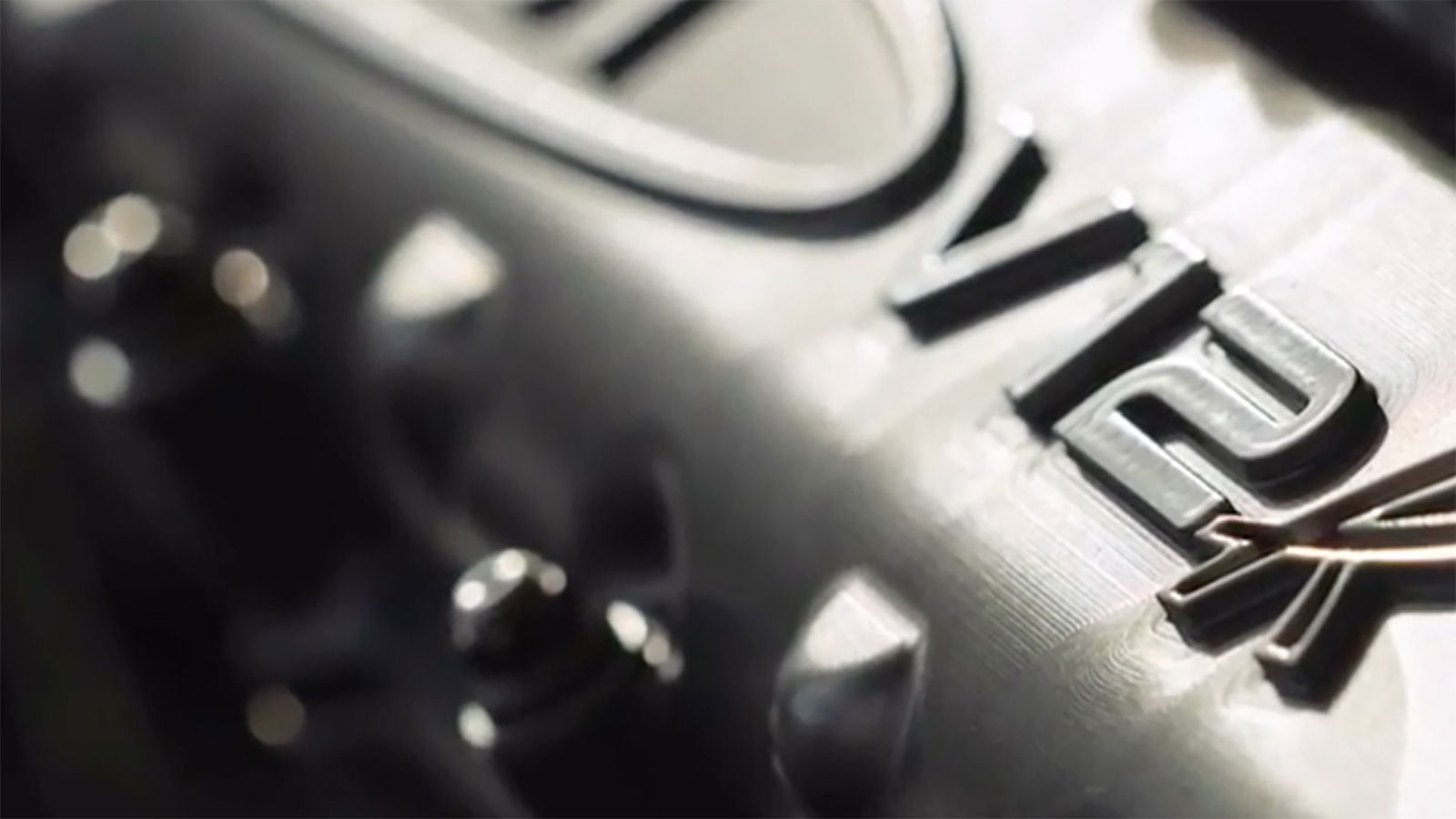Can Eco Tyres Save You Money On Fuel?

The UK and US are being affected by stratospheric fuel costs, and implementing small changes to your driving can make a big difference in car-related expenses. You may be tempted to fit your car with eco-focused tyres in the name of saving money on fuel, but do they really work? If so, are they worth forking out the extra cost?
There are a few main models when it comes to green tyres - such as the Michelin E Primacy and the Continental EcoContact 6. These tyres are given the ‘eco’ stamp because they have significantly lower rolling resistance compared to your everyday tyre, with up to a 30 percent reduction in overall rolling resistance in some cases.
This rolling resistance reduction could result in some fairly decent fuel savings, as your car can travel further using less fuel with this rubber equipped. However, the mathematics behind eco tyres and their savings is fairly complicated. The aforementioned reduction in rolling resistance doesn’t equate to a 30 percent saving in fuel consumption because a car’s fuel consumption is based on various factors, such as your vehicle’s aerodynamics and drivetrain losses. A car’s tyres are only responsible for around a fifth of a vehicle’s overall energy use, which means that eco tyres only make a six percent difference to overall fuel consumption on paper, equating to a 3.5 percent difference when it comes to real-world driving.
As reported by our sister site DrivingElectric, a different study from the University of Munich found that eco tyres could provide a small saving compared to a standard tyre – roughly £200 over the course of 20,000 miles. That’s not to be sniffed at, but it’s counterintuitive to buy a new set of tyres to save a little money.

These tyres often start their lives with less tread depth than regular tyres to lower their rolling resistance. This means that tread depth will diminish quicker than a typical tyre, resulting in a shorter overall lifespan and more frequent replacements. Having a reduced tread depth could have considerable effect on a vehicle’s grip, handling and braking in wet conditions, too. The negatives of so-called eco tyres may not be worth the on-paper promises.
See also: Demystifying The Complicated World Of Winter Tyres
Wet grip is the most critical safety aspect when it comes to your vehicle’s tyres and that the tradeoff of safety in wet driving conditions in the name of increased efficiency in the dry is simply not worth the cost for many buyers. Eco tyres of the future may have a better balance between dry and wet performance, but at the moment, these tyres are not the best solution to improve your overall fuel economy.

There are some other things you can do to optimise your tyres and your driving for maximum fuel efficiency. Keep your car’s tyres at their recommended pressure levels, as this is a free and easy way to lower your car’s rolling resistance and reduce fuel consumption. Check your tyre pressure levels and adjust at least every month, or ideally every week.
You can also try experimenting with slightly over-inflating your car’s tyres by one or two psi above their recommended pressure levels. This could reduce your car’s overall fuel consumption and also improve steering response, but the tradeoff will be a compromise to the comfort and quality of the vehicle’s ride, and central tread levels will diminish quicker than usual. This means you’ll need to change your tyres sooner than usual, which obviously results in an added cost. Other things you can do include driving your car less often, though this is not an option for many motorists. Try reducing your overall speed, lifting your foot from the accelerator where possible and coasting with momentum to minimise wasted energy.








Comments
GT86 owners with Prius tyres punching the air rn